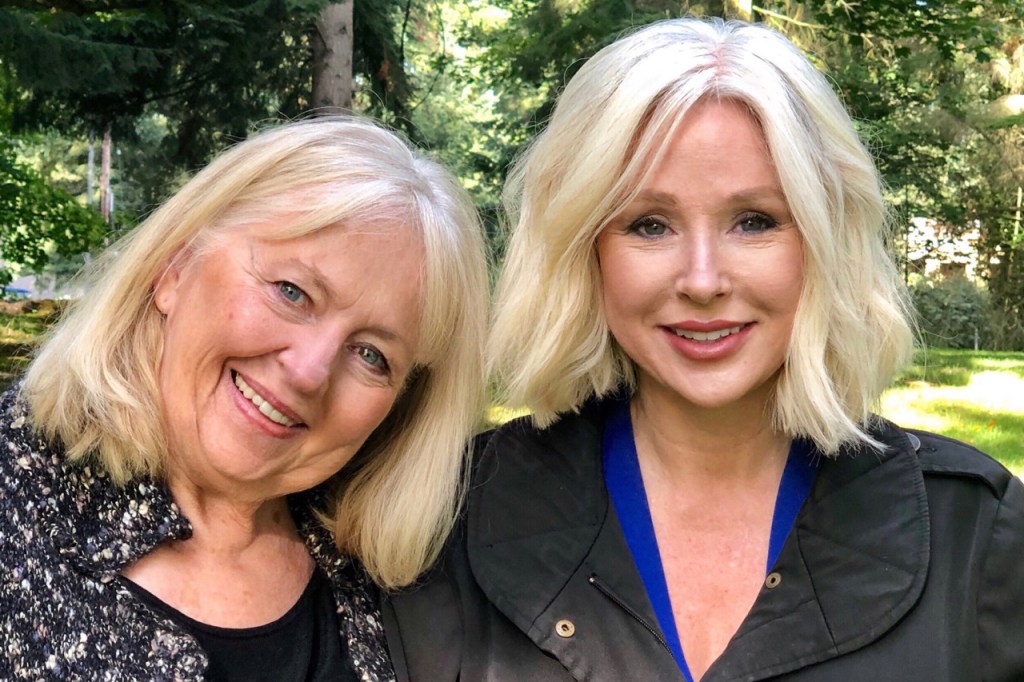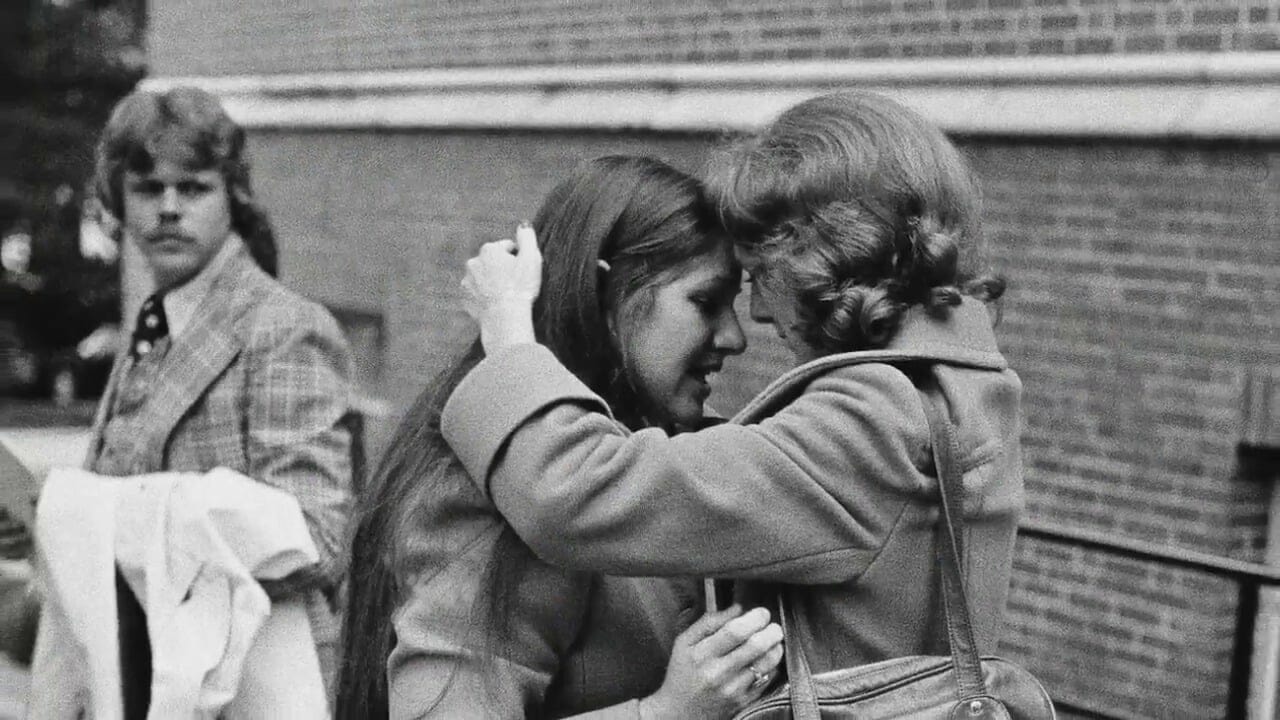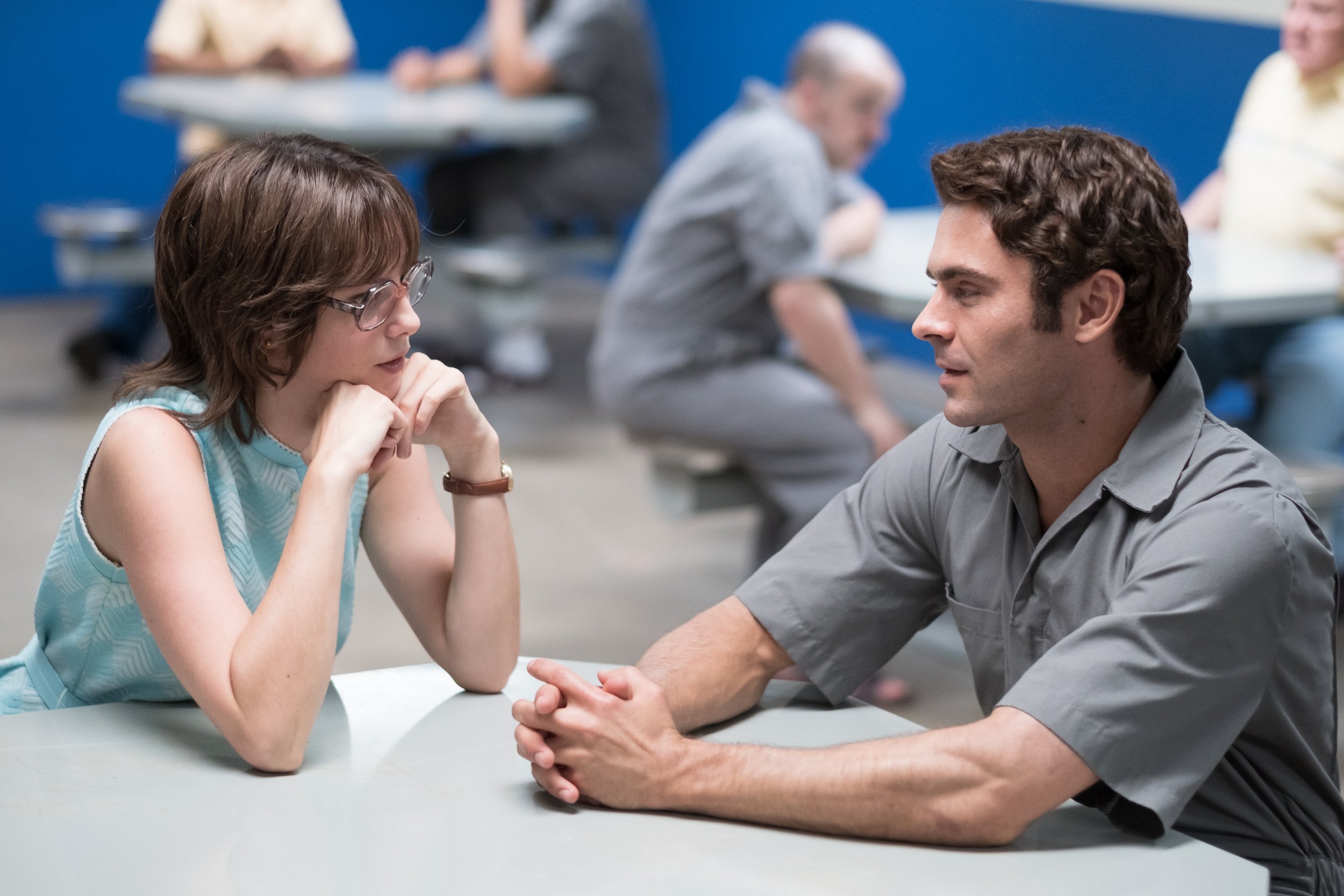Ted Bundy's story has been told countless times, but there's one voice that often gets overlooked in the chaos of his legacy—his daughter's. Yes, you heard me right. Ted Bundy, the notorious serial killer who haunted America in the 70s, had a daughter. Her name is Rose Chernin, and her perspective offers a unique window into the life of a man who became a symbol of evil. But what exactly did she say about him? That's the question we're diving into today.
Let's be real, Bundy's case is more than just a crime story—it's a psychological puzzle that has fascinated people for decades. The way he manipulated, the charm he exuded, and the darkness that lurked beneath—it all makes you wonder how someone so sinister could also be a father. Understanding Bundy's legacy isn't just about the crimes; it's about the impact he had on those closest to him, including his own child.
So buckle up, because we're about to explore a side of Ted Bundy's life that most people don't talk about. It's a story of family, trauma, and the ripple effects of someone's actions long after they're gone. And yes, we'll dive deep into what Rose Chernin has said about her father, because her voice matters in this conversation. Now, without further ado, let's get started.
Read also:Bolly4u Your Ultimate Destination For Bollywood Entertainment
Who Was Ted Bundy?
Before we dive into what Ted Bundy's daughter has said about him, let's take a quick trip down memory lane. Bundy wasn't just any criminal—he was a master manipulator, a law student, and a guy who could charm the birds off the trees. But beneath that polished exterior lay a monster who murdered at least 30 women, although the real number might be much higher.
His crimes were horrifying, but what made Bundy stand out was his ability to blend into society. He wasn't some deranged lunatic living in the woods—he was a guy who could walk among us unnoticed. His trial became a media sensation, and even in death, his legacy continues to haunt the public consciousness.
Key Facts About Ted Bundy
- Bundy was born in 1946 and grew up in a troubled family environment.
- He became one of the most infamous serial killers in American history.
- His crimes spanned multiple states, and he was known for targeting young women.
- Bundy was executed in 1989, but his story has lived on through books, documentaries, and films.
Rose Chernin: The Human Side of Ted Bundy's Legacy
Now, let's talk about Rose Chernin. Bundy's daughter was born in 1980 to Carol Ann Boone, a woman he married while he was in prison. Boone was one of Bundy's biggest supporters, believing in his innocence even as the evidence against him mounted. Rose was raised by her mother and didn't learn about her father's true identity until she was older.
Imagine growing up knowing your dad was in prison, but not knowing why. That's the reality Rose faced. Her life was shaped by the shadow of a man she never really knew, and yet, his actions have defined her existence in ways she couldn't control. But what does she think about all of this?
Rose's Perspective on Her Father
Rose Chernin has spoken publicly about her father on a few occasions, offering glimpses into her thoughts and feelings. She's been very careful with her words, aware of the weight her opinions carry. Here are some key points from what she's said:
- Rose acknowledges her father's crimes but emphasizes that she is not responsible for them.
- She believes that people should focus on the victims rather than sensationalizing Bundy's story.
- She has expressed a desire for privacy, as the constant attention on her family has been difficult to handle.
Understanding the Emotional Impact
Ted Bundy's legacy isn't just about the crimes he committed; it's about the emotional scars he left behind. For Rose Chernin, living with the knowledge that her father was a serial killer is a heavy burden. Imagine having to explain your family history to people who only know Bundy as a monster. It's a challenge that most of us can't even begin to comprehend.
Read also:Vegamovies Your Ultimate Guide To Stream Movies Like A Pro
But it's not just Rose who's affected. Carol Ann Boone, her mother, also faced immense criticism for standing by Bundy. People often forget that the families of criminals are collateral damage in the public's quest for justice. The emotional toll of being associated with someone like Bundy is something that can't be easily quantified.
The Psychological Effects on Families of Serial Killers
Studies have shown that the families of serial killers often experience a range of emotions, from shame to anger to confusion. They might struggle with societal judgment, financial difficulties, and even mental health challenges. In Rose's case, the media attention and public curiosity have only added to the complexity of her situation.
It's important to remember that these families are victims in their own right. Their lives are forever changed by the actions of someone they loved, and they often have to navigate a world that doesn't fully understand their pain.
What Did Rose Chernin Say About Ted Bundy?
Okay, here's the part you've been waiting for. What exactly has Rose Chernin said about her father? While she hasn't been overly vocal, the few statements she's made offer valuable insights into her perspective. Here are some highlights:
- Rose has described Bundy as a "complex individual" whose actions were beyond her comprehension.
- She has emphasized that she doesn't condone or defend his crimes but understands that he was a part of her life.
- She has expressed a desire for people to remember the victims and not glorify Bundy's story.
These statements might seem simple, but they carry a lot of weight. Rose is walking a fine line between acknowledging her father's legacy and maintaining her own identity. It's a delicate balance that many children of infamous figures have to navigate.
Why Her Words Matter
Rose Chernin's voice is important because it humanizes a story that's often reduced to headlines and sensationalism. By sharing her thoughts, she reminds us that there are real people behind the headlines—people who are affected by the actions of others in ways we can't fully grasp.
Her words also challenge us to rethink how we talk about crime and punishment. Instead of focusing solely on the perpetrator, we should also consider the broader impact of their actions. Victims' families, as well as the families of the perpetrators, deserve our empathy and understanding.
The Public's Fascination with Ted Bundy
Let's be honest, Bundy's story has captivated the public for decades. From books to documentaries to movies, there's no shortage of material exploring his life and crimes. But why are we so fascinated by someone who caused so much pain? Is it the mystery, the psychology, or something darker within ourselves?
Psychologists have suggested that our fascination with serial killers stems from a desire to understand the unknown. We want to know what makes someone capable of such horrific acts. But in our quest for answers, we sometimes forget the human cost of these crimes. That's why Rose Chernin's voice is so important—it reminds us to focus on the people who were truly impacted.
The Media's Role in Shaping Perceptions
The media plays a huge role in how we perceive figures like Ted Bundy. Sensationalized headlines and dramatic retellings can overshadow the reality of what happened. It's easy to get caught up in the drama and forget that real people were hurt by these actions.
Rose Chernin has called for a more responsible approach to storytelling. She believes that the media should prioritize the victims' stories and avoid glorifying Bundy's crimes. It's a message that resonates with many, as we strive to create a more empathetic and informed society.
Lessons from Ted Bundy's Legacy
So, what can we learn from Ted Bundy's legacy? For one, we can learn about the dangers of charisma and manipulation. Bundy's ability to charm people was a key factor in his crimes, and it's a reminder that not everything is as it seems. We should also be mindful of how we talk about crime and justice, ensuring that we don't forget the human impact.
But perhaps the most important lesson is about empathy. Whether we're talking about victims, perpetrators, or their families, empathy is key to understanding complex situations. By listening to voices like Rose Chernin's, we can gain a deeper appreciation for the nuances of human experience.
Applying These Lessons Today
In today's world, where information spreads faster than ever, it's crucial to approach stories with care and sensitivity. We should strive to tell stories that honor the truth and respect the people involved. Whether it's through journalism, entertainment, or personal conversations, empathy should guide our words and actions.
By doing so, we can create a society that values understanding over sensationalism and compassion over judgment. It's a tall order, but it's one worth striving for.
Conclusion
Understanding Ted Bundy's legacy isn't just about dissecting his crimes; it's about recognizing the broader impact of his actions. Rose Chernin's voice offers a unique perspective on this complex story, reminding us that there are real people behind the headlines. Her words challenge us to rethink how we talk about crime and justice, emphasizing the importance of empathy and understanding.
So, the next time you hear about a story like Ted Bundy's, take a moment to consider the human side of it. Think about the victims, the families, and the ripple effects that stretch far beyond the headlines. And if you're moved by this article, feel free to share it with others or leave a comment below. Let's keep the conversation going and work toward a more compassionate world.
Table of Contents


